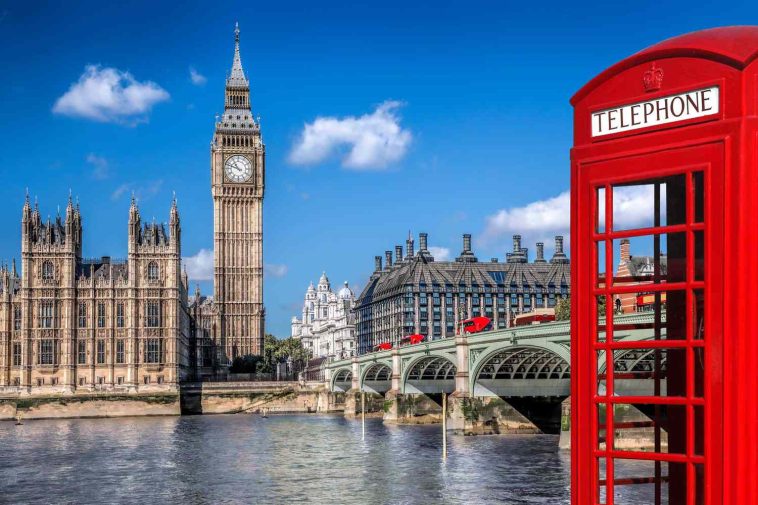Introduction.
If you’re a UK-qualified lawyer considering working in the United States, you’re not alone. With global career opportunities expanding, many legal professionals are exploring ways to practice law across borders. But making the jump from the UK to the US legal system isn’t as simple as booking a plane ticket.
The two systems have different qualifications, requirements, and procedures that you’ll need to understand.
In this guide, I’ll walk you through what you need to know, the steps to take, and the challenges you might face when planning to work as a lawyer in the US.
Why Is This Topic Important?
The legal profession is becoming increasingly global, and clients often have legal needs that span multiple jurisdictions.
For lawyers, understanding how to navigate these differences is key to building a flexible and rewarding career.
While the UK and US share a legal tradition, the differences between their systems can be significant.
Knowing your options and understanding the process ahead can save you time, effort, and frustration.
This article aims to answer your questions, clear up confusion, and help you figure out the best path forward.
Can You Work as a UK-qualified lawyer in the USA?
The short answer is yes, but it’s not straightforward. The US legal profession is regulated at the state level, so the ability of a UK-qualified lawyer to practice will depend on the rules of the specific state where they wish to work. Here’s what you need to know:
1. Do You Need to Take the Bar Exam?
Yes, most likely. To practice law in the US, lawyers need to pass a bar exam for the state they want to work in. Each state has its bar exam, and the eligibility criteria differ.
- States with More Flexible Rules: Some states like New York and California allow foreign-trained lawyers, including those from the UK, to sit for their bar exams if they meet certain criteria.
- Additional Requirements: In many cases, you may need to have a Master of Laws (LLM) degree from an American Bar Association (ABA)-approved law school before you’re eligible.
2. Do UK Legal Qualifications Translate Directly?
Not exactly. The US and UK legal systems are based on different principles. While the UK follows common law, just like the US, the specifics of training and practice differ significantly.
- UK solicitors and barristers typically train in one area of law, while US lawyers are often generalists in their initial years.
- If you’re a barrister or solicitor in the UK, you might find that your experience doesn’t fully cover the breadth expected in the US legal profession.
3. Where Should You Start?
If you’re serious about practising law in the US, start by researching the bar requirements for the state you’re interested in.
Some useful resources:
- The National Conference of Bar Examiners (NCBE): Provides information about the Uniform Bar Exam (UBE), adopted by several states.
- State-specific bar association websites (e.g., the New York State Board of Law Examiners).
Challenges and Considerations
Cultural and Practical Differences
Even after passing the bar, practising law in the US comes with its challenges. The legal culture, client expectations, and courtroom practices can differ significantly.
Visa and Work Authorization
You’ll also need to consider the legal side of working in the US as a foreign national. A visa or work permit is essential. The H-1B visa is a common route for professionals, but it requires sponsorship from a US employer.
Cost of Requalification
Taking the bar exam, earning an LLM, and covering visa costs can be expensive. It’s a good idea to budget for these before you start the process.
FAQs
1. Do I need to study law again in the US?
Not always, but it’s common to complete an LLM degree to meet bar exam requirements in some states.
2. Can I work in the US without passing the bar?
Yes, but in limited roles. For example, you could work as a legal consultant or in a law firm’s international department, but you wouldn’t be able to represent clients in court.
3. Which states are easiest for UK-qualified lawyers to work in?
New York and California are often seen as the most accessible because of their relatively flexible rules for foreign-trained lawyers.
Further Resources
- ABA for International Lawyers: The American Bar Association offers resources tailored to foreign-trained lawyers.
- UK Law Societies: The Law Society of England and Wales and the Bar Council provide guidance for lawyers considering international practice.
Final Thoughts
Moving from the UK legal system to the US is a big step, but it’s not impossible. With careful planning, the right qualifications, and some determination, you can build a fulfilling career across the Atlantic.
What do you think—does working as a lawyer in the US sound like the right move for you?





GIPHY App Key not set. Please check settings